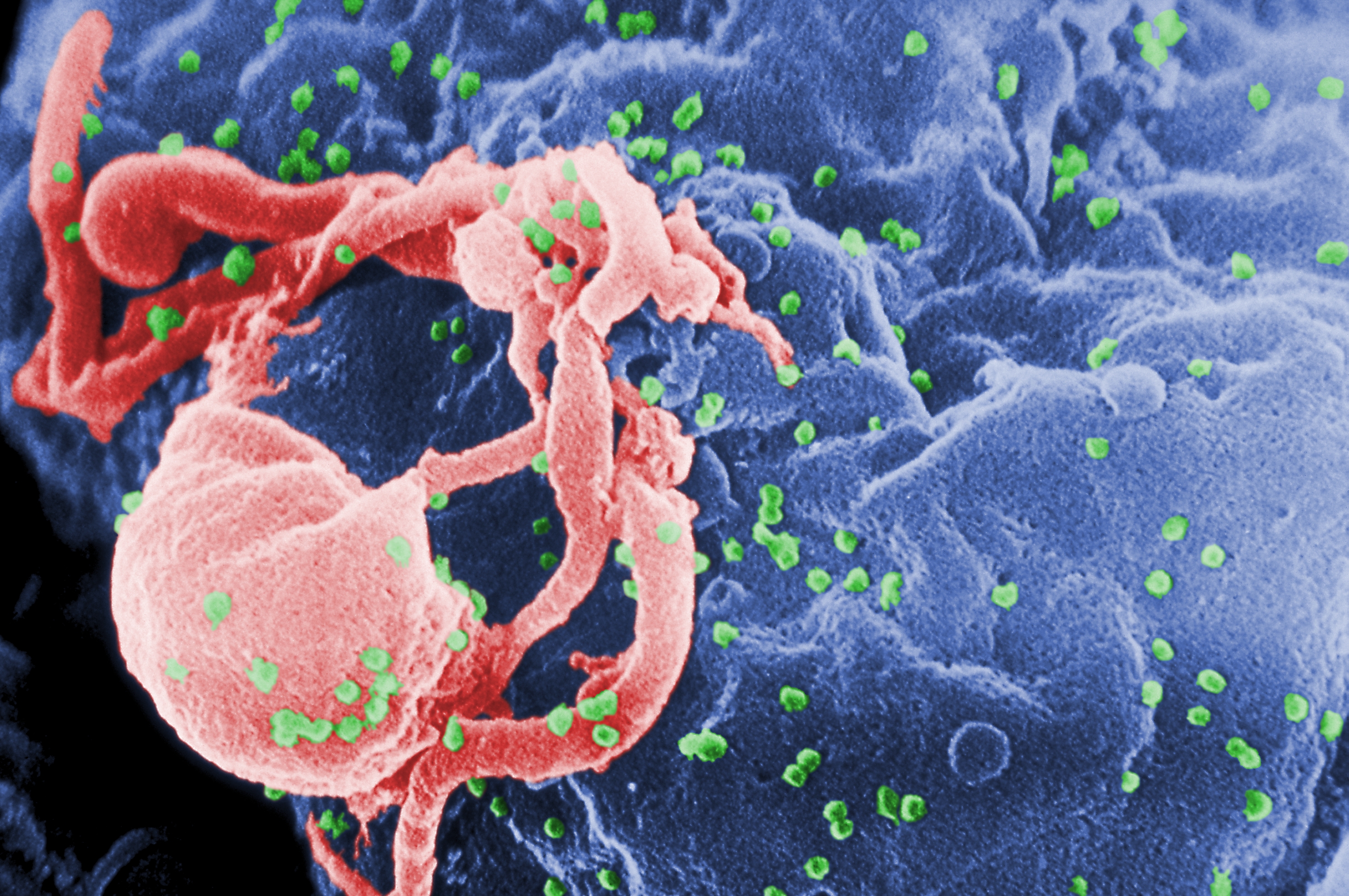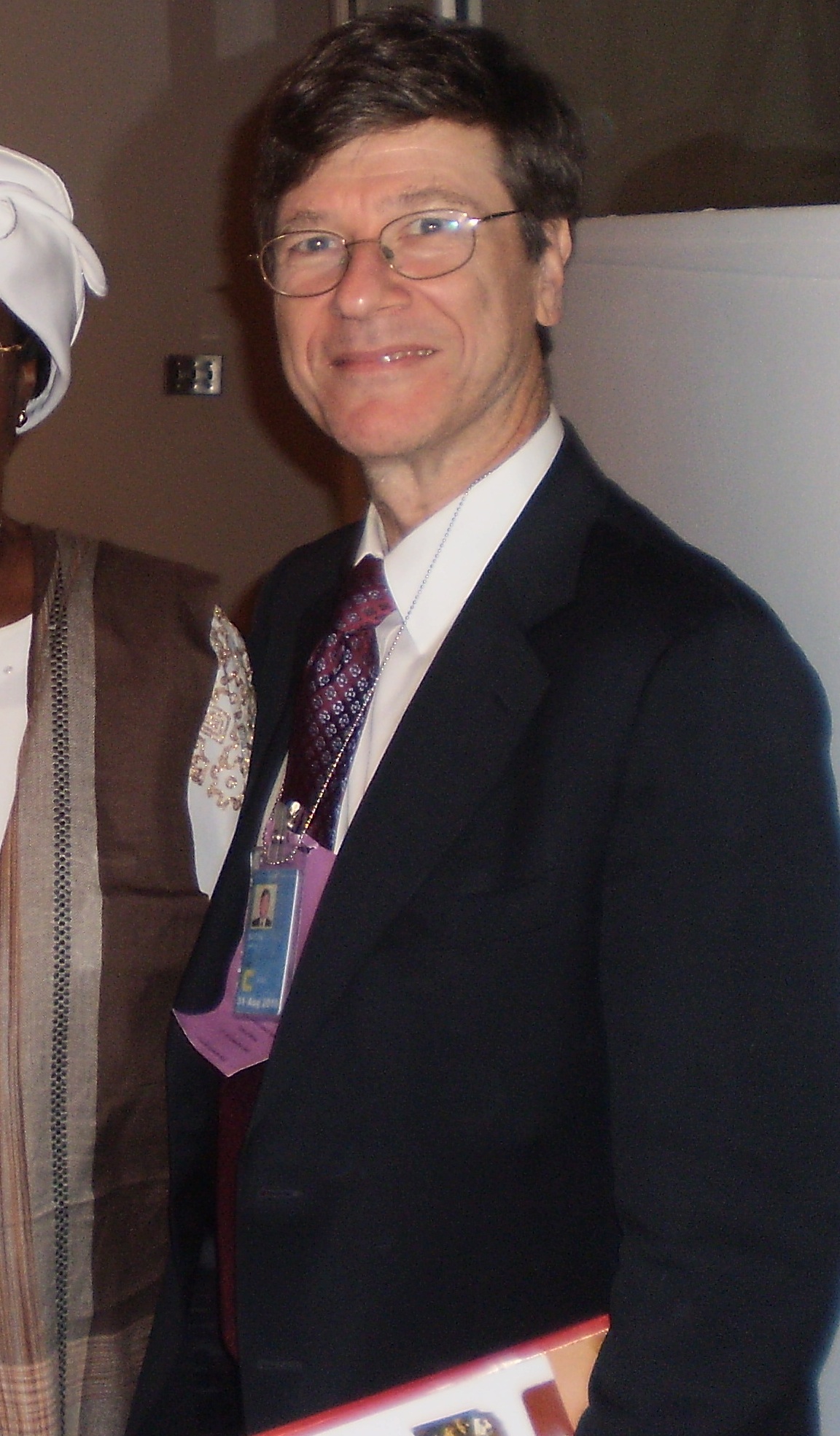|
United Nations Millennium Project
The Millennium Project was an initiative that focused on detailing the organizational means, operational priorities, and financing structures necessary to achieve the Millennium Development Goals or (MDGs). The goals are aimed at the reduction of poverty, hunger, disease, illiteracy, environmental degradation, and discrimination against women. At the United Nations Millennium Summit in September 2000 world leaders had initiated the development of the MDGs and had set a completion date for the project of June 2005. In order to support the MDGs, UN Secretary-General Kofi Annan and Administrator of the UN Development Programme (UNDP) Mark Malloch Brown launched the Millennium Project to determine the best strategies for achieving the MDGs. The Project was headed by Professor Jeffrey Sachs. The Millennium Project worked from 2002 to 2005 to devise a recommended plan of implementation that would allow all developing countries to meet the MDGs and thereby substantially improve the human ... [...More Info...] [...Related Items...] OR: [Wikipedia] [Google] [Baidu] |
Millennium Development Goals
The Millennium Development Goals (MDGs) were eight international development goals for the year 2015 that had been established following the Millennium Summit of the United Nations in 2000, following the adoption of the United Nations Millennium Declaration. These were based on the OECD DAC International Development Goals agreed by Development Ministers in the "Shaping the 21st Century Strategy". The Sustainable Development Goals (SDGs) succeeded the MDGs in 2016. All 191 United Nations member states, and at least 22 international organizations, committed to help achieve the following Millennium Development Goals by 2015: # To eradicate extreme poverty and hunger # To achieve universal primary education # To promote gender equality and empower women # To reduce child mortality # To improve maternal health # To combat HIV/AIDS, malaria, and other diseases # To ensure environmental sustainability # To develop a global partnership for development Each goal had specific targets, a ... [...More Info...] [...Related Items...] OR: [Wikipedia] [Google] [Baidu] |
Mark Malloch Brown, Baron Malloch-Brown
George Mark Malloch Brown, Baron Malloch-Brown (born 16 September 1953) is a British diplomat, communications consultant, journalist and former politician serving as president of Open Society Foundations since 2021, having previously served as Deputy Secretary-General of the United Nations under Kofi Annan from April to December 2006. A former member of the Labour Party (UK), Labour Party, he served as Minister of State for Africa and the United Nations in the Brown government from 2007 to 2009. Born in Marylebone, Malloch Brown studied at Magdalene College, Cambridge and the University of Michigan. He was political correspondent for ''The Economist'' between 1977 and 1979 and then worked for the office of the United Nations High Commissioner for Refugees from 1979 to 1983. After acting as lead international partner at American public relations firm Weber Shandwick, Sawyer-Miller, he was development specialist at the World Bank from 1994 to 1999, administrator of the United Nati ... [...More Info...] [...Related Items...] OR: [Wikipedia] [Google] [Baidu] |
Copenhagen Consensus
Copenhagen Consensus is a project that seeks to establish priorities for advancing global welfare using methodologies based on the theory of welfare economics, using cost–benefit analysis. It was conceived and organized around 2004 by Bjørn Lomborg, the author of ''The Skeptical Environmentalist'' and the then director of the Danish government's Environmental Assessment Institute. The project is run by the Copenhagen Consensus Center, which is directed by Lomborg and was part of the Copenhagen Business School, but it is now an independent 501(c)(3) non-profit organisation registered in the USA. The project considers possible solutions to a wide range of problems, presented by experts in each field. These are evaluated and ranked by a panel of economists. The emphasis is on rational prioritization by economic analysis. The panel is given an arbitrary budget constraint and instructed to use cost–benefit analysis to focus on a bottom line approach in solving/ranking presented pro ... [...More Info...] [...Related Items...] OR: [Wikipedia] [Google] [Baidu] |
Millennium Villages Project
The Millennium Villages Project (MVP) was a demonstration project of the Earth Institute at Columbia University, the United Nations Development Programme, and Millennium Promise aimed at proving that its integrated approach to rural development can be used to achieve the Millennium Development Goals—eight globally endorsed targets that address the problems of poverty, health, gender equality, and disease—by 2015. Even though the website of the Millennium Village Project is still active, the project ended with final evaluation in 2015 because it was initially scaled to progress for a decade from 2005. The project was divided into two phases, from 2004-2010 for the first phase and 2011-2015 for the second phase. In the first phase, the project was focused at the following five stations: agriculture (seed and fertilizer support, farmer training and storage expansion, crop diversification, etc.), health (installation of mosquito nets, vaccine supply and pest control, etc.), educa ... [...More Info...] [...Related Items...] OR: [Wikipedia] [Google] [Baidu] |
Civil Society
Civil society can be understood as the "third sector" of society, distinct from government and business, and including the family and the private sphere.''What is Civil Society'' civilsoc.org By other authors, ''civil society'' is used in the sense of 1) the aggregate of non-governmental organizations and institutions that advance the interests and will of citizens or 2) individuals and organizations in a society which are independent of the government. Sometimes the term ''civil society'' is used in the more general sense of "the elements such as freedom of speech, an independent judiciary, etc, that make up a democratic society" ('''' ... [...More Info...] [...Related Items...] OR: [Wikipedia] [Google] [Baidu] |
Society
A society is a group of individuals involved in persistent social interaction, or a large social group sharing the same spatial or social territory, typically subject to the same political authority and dominant cultural expectations. Societies are characterized by patterns of relationships (social relations) between individuals who share a distinctive culture and institutions; a given society may be described as the sum total of such relationships among its constituent of members. In the social sciences, a larger society often exhibits stratification or dominance patterns in subgroups. Societies construct patterns of behavior by deeming certain actions or concepts as acceptable or unacceptable. These patterns of behavior within a given society are known as societal norms. Societies, and their norms, undergo gradual and perpetual changes. Insofar as it is collaborative, a society can enable its members to benefit in ways that would otherwise be difficult on an individua ... [...More Info...] [...Related Items...] OR: [Wikipedia] [Google] [Baidu] |
Human Condition
The human condition is all of the characteristics and key events of human life, including birth, learning, emotion, aspiration, morality, conflict, and death. This is a very broad topic that has been and continues to be pondered and analyzed from many perspectives, including those of anthropology, art, biology, history, literature, philosophy, psychology, and religion. As a literary term, "the human condition" is typically used in the context of ambiguous subjects, such as the meaning of life or moral concerns. Some perspectives Each major religion has definitive beliefs regarding the human condition. For example, Buddhism teaches that existence is a perpetual cycle of suffering, death, and rebirth from which humans can be liberated via the Noble Eightfold Path. Meanwhile, many Christians believe that humans are born in a sinful condition and are doomed in the afterlife unless they receive salvation through Jesus Christ. Philosophers have provided many perspectives. An ... [...More Info...] [...Related Items...] OR: [Wikipedia] [Google] [Baidu] |
Developing Countries
A developing country is a sovereign state with a lesser developed industrial base and a lower Human Development Index (HDI) relative to other countries. However, this definition is not universally agreed upon. There is also no clear agreement on which countries fit this category. The term low and middle-income country (LMIC) is often used interchangeably but refers only to the economy of the countries. The World Bank classifies the world's economies into four groups, based on gross national income per capita: high, upper-middle, lower-middle, and low income countries. Least developed countries, landlocked developing countries and small island developing states are all sub-groupings of developing countries. Countries on the other end of the spectrum are usually referred to as high-income countries or developed countries. There are controversies over this term's use, which some feel it perpetuates an outdated concept of "us" and "them". In 2015, the World Bank declared that ... [...More Info...] [...Related Items...] OR: [Wikipedia] [Google] [Baidu] |
Jeffrey Sachs
Jeffrey David Sachs () (born 5 November 1954) is an American economist, academic, public policy analyst, and former director of The Earth Institute at Columbia University, where he holds the title of University Professor. He is known for his work on sustainable development, economic development, and the fight to end poverty. Sachs is Director of the Center for Sustainable Development at Columbia University and President of the UN Sustainable Development Solutions Network. He is an SDG Advocate for United Nations (UN) Secretary-General António Guterres on the Sustainable Development Goals (SDGs), a set of 17 global goals adopted at a UN summit meeting in September 2015. From 2001 to 2018, Sachs served as Special Advisor to the UN Secretary General, and held the same position under the previous UN Secretary-General Ban Ki-moon and prior to 2016 a similar advisory position related to the earlier Millennium Development Goals (MDGs), [...More Info...] [...Related Items...] OR: [Wikipedia] [Google] [Baidu] |
UN Development Programme
The United Nations Development Programme (UNDP)french: Programme des Nations unies pour le développement, PNUD is a United Nations agency tasked with helping countries eliminate poverty and achieve sustainable economic growth and human development. Headquartered in New York City, it is the largest UN development aid agency, with offices in 170 countries. The UNDP emphasizes developing local capacity towards long-term self-sufficiency and prosperity. It administers projects to attract investment, technical training, and technological development, and provides experts to help build legal and political institutions and expand the private sector. The UNDP operates in 177 countries and is funded entirely by voluntary contributions from UN member states. Also, UNDP is governed by a 36-member executive board overseen by an administrator, who is third-highest ranking UN official after the Secretary-General and Deputy Secretary-General. Founding The UNDP was founded on 22 Novem ... [...More Info...] [...Related Items...] OR: [Wikipedia] [Google] [Baidu] |
Poverty
Poverty is the state of having few material possessions or little income. Poverty can have diverse social, economic, and political causes and effects. When evaluating poverty in statistics or economics there are two main measures: ''absolute poverty'' compares income against the amount needed to meet basic needs, basic personal needs, such as food, clothing, and Shelter (building), shelter; ''relative poverty'' measures when a person cannot meet a minimum level of living standards, compared to others in the same time and place. The definition of ''relative poverty'' varies from one country to another, or from one society to another. Statistically, , most of the world's population live in poverty: in Purchasing Power Parity, PPP dollars, 85% of people live on less than $30 per day, two-thirds live on less than $10 per day, and 10% live on less than $1.90 per day ... [...More Info...] [...Related Items...] OR: [Wikipedia] [Google] [Baidu] |
Kofi Annan
Kofi Atta Annan (; 8 April 193818 August 2018) was a Ghanaian diplomat who served as the seventh secretary-general of the United Nations from 1997 to 2006. Annan and the UN were the co-recipients of the 2001 Nobel Peace Prize. He was the founder and chairman of the Kofi Annan Foundation, as well as chairman of The Elders, an international organisation founded by Nelson Mandela. Annan studied economics at Macalester College, international relations at the Graduate Institute Geneva, and management at MIT. Annan joined the UN in 1962, working for the World Health Organization's Geneva office. He went on to work in several capacities at the UN Headquarters including serving as the Under-Secretary-General for peacekeeping between March 1992 and December 1996. He was appointed secretary-general on 13 December 1996 by the Security Council, and later confirmed by the General Assembly, making him the first office holder to be elected from the UN staff itself. He was re-elected for a s ... [...More Info...] [...Related Items...] OR: [Wikipedia] [Google] [Baidu] |






